Dhaka's air quality has shown significant improvement, with the city ranking 26th on the global list of cities with the worst air quality as of 9am this morning, June 24, 2024. The Air Quality Index (AQI) recorded for Dhaka was 64, categorizing the air as 'moderate' according to the AQI scale.
In the context of the AQI scale:
- AQI between 50 and 100 indicates 'moderate' air quality.
- AQI between 101 and 150 is 'unhealthy for sensitive groups'.
- AQI between 151 and 200 is 'unhealthy'.
- AQI between 201 and 300 is 'very unhealthy'.
- AQI above 301 is considered 'hazardous'.
Comparatively, cities like Kinshasa in the Democratic Republic of the Congo, Delhi in India, and Jakarta in Indonesia topped the list with higher AQI scores of 171, 168, and 158 respectively, categorizing their air quality as 'unhealthy'.
The AQI serves as a crucial indicator informing residents about the cleanliness or pollution levels of the air and the potential health risks associated with it. In Bangladesh, the AQI is based on monitoring five pollutants: particulate matter (PM10 and PM2.5), nitrogen dioxide (NO2), carbon monoxide (CO), sulfur dioxide (SO2), and ozone.
Dhaka has historically struggled with air pollution, typically experiencing worse conditions during winter and showing improvement during the monsoon season. According to the World Health Organization (WHO), air pollution is a severe global health issue, contributing to approximately seven million deaths annually due to various respiratory and cardiovascular diseases.



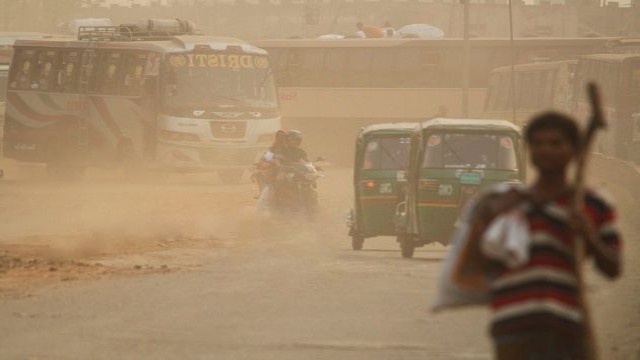
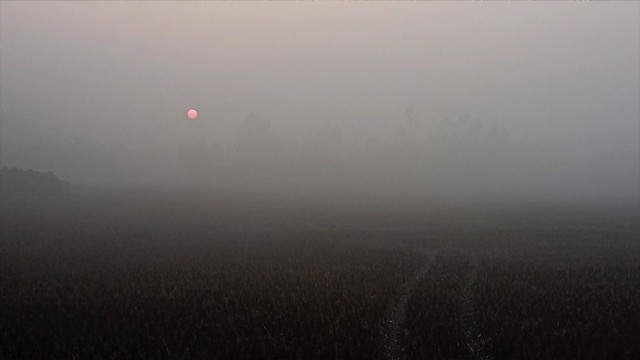
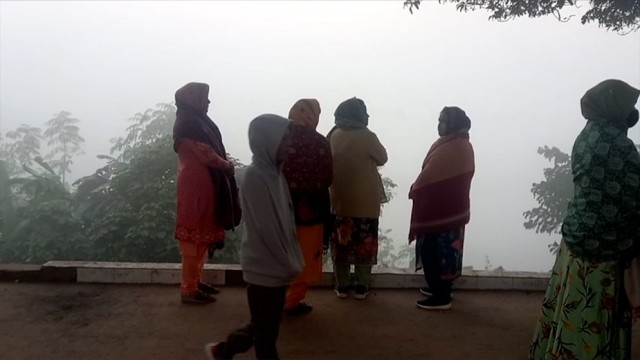
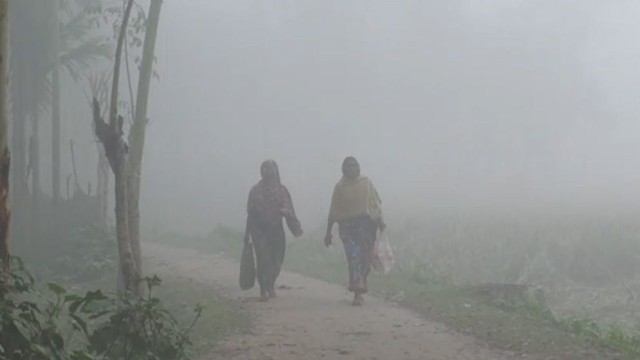
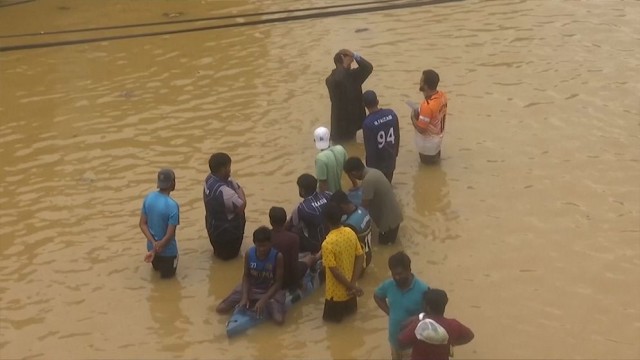

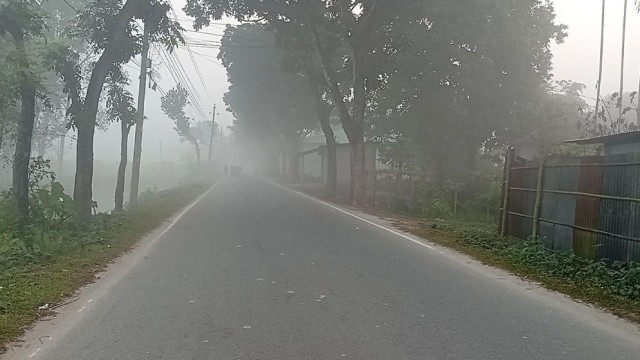




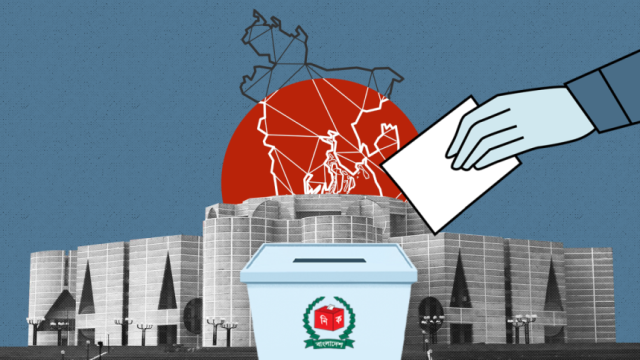



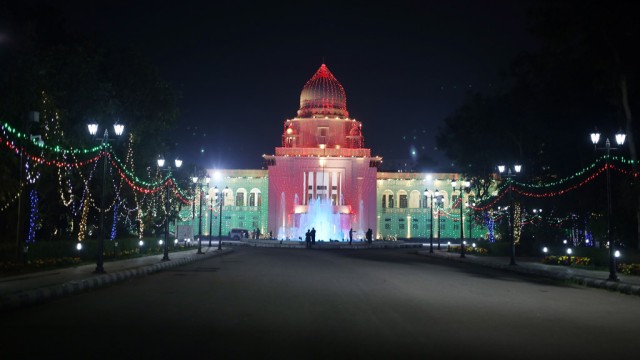
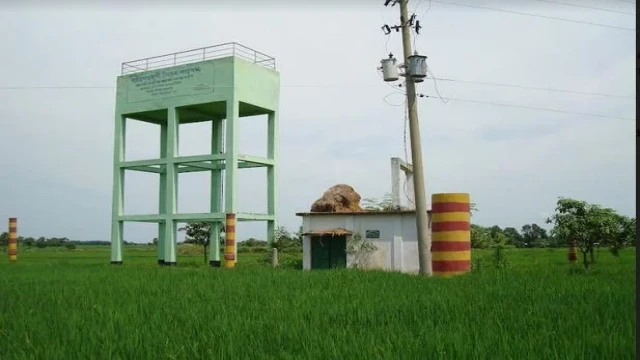

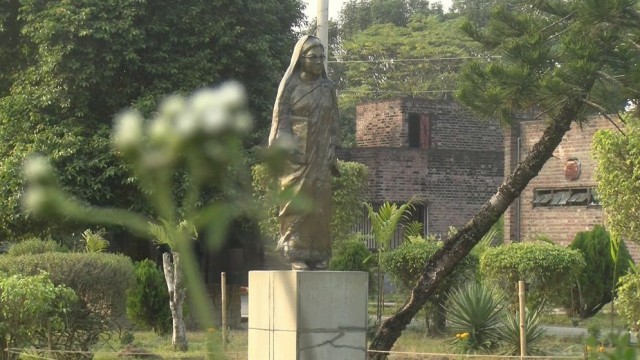







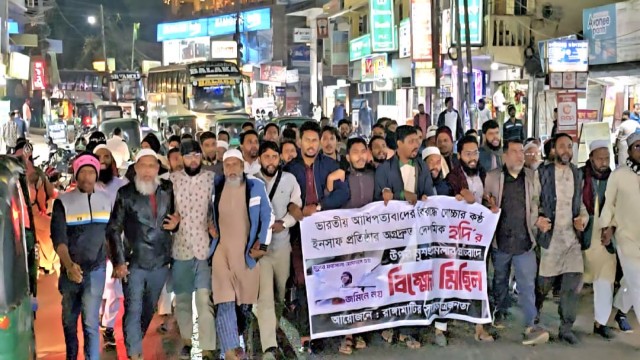
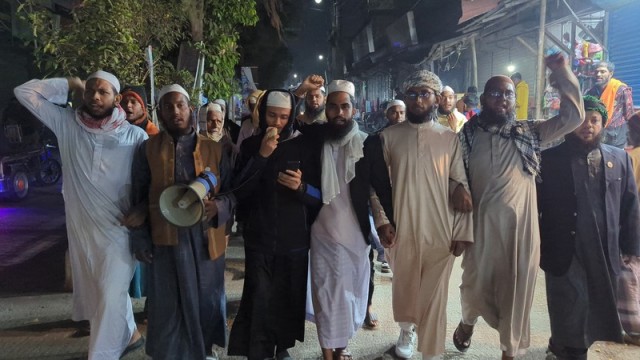
Comment: